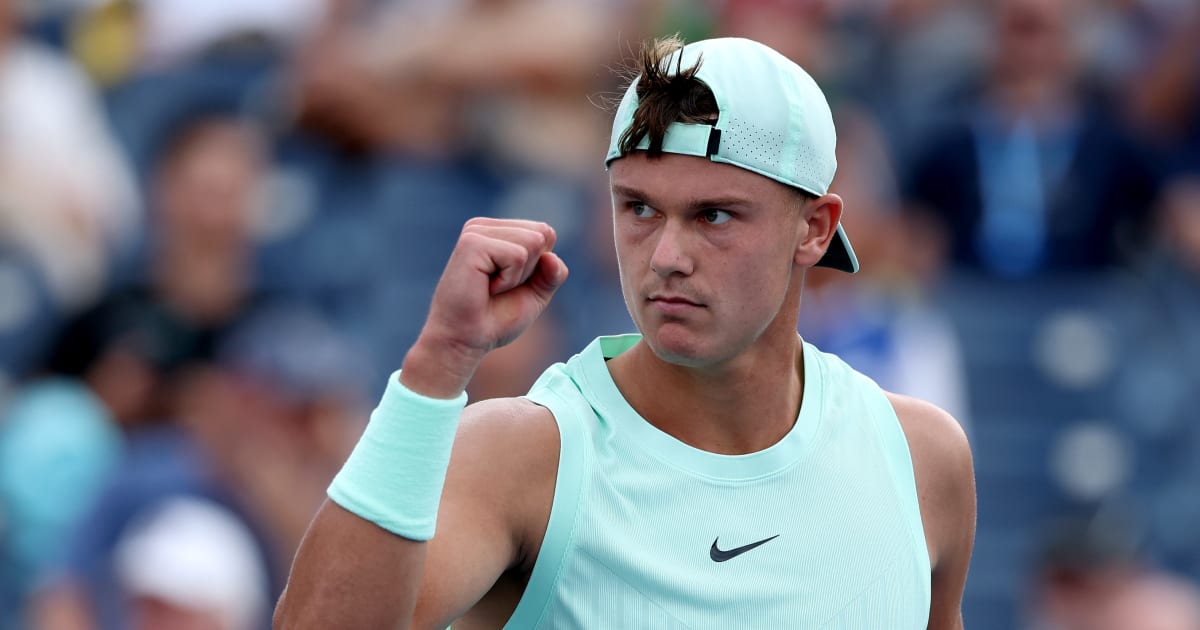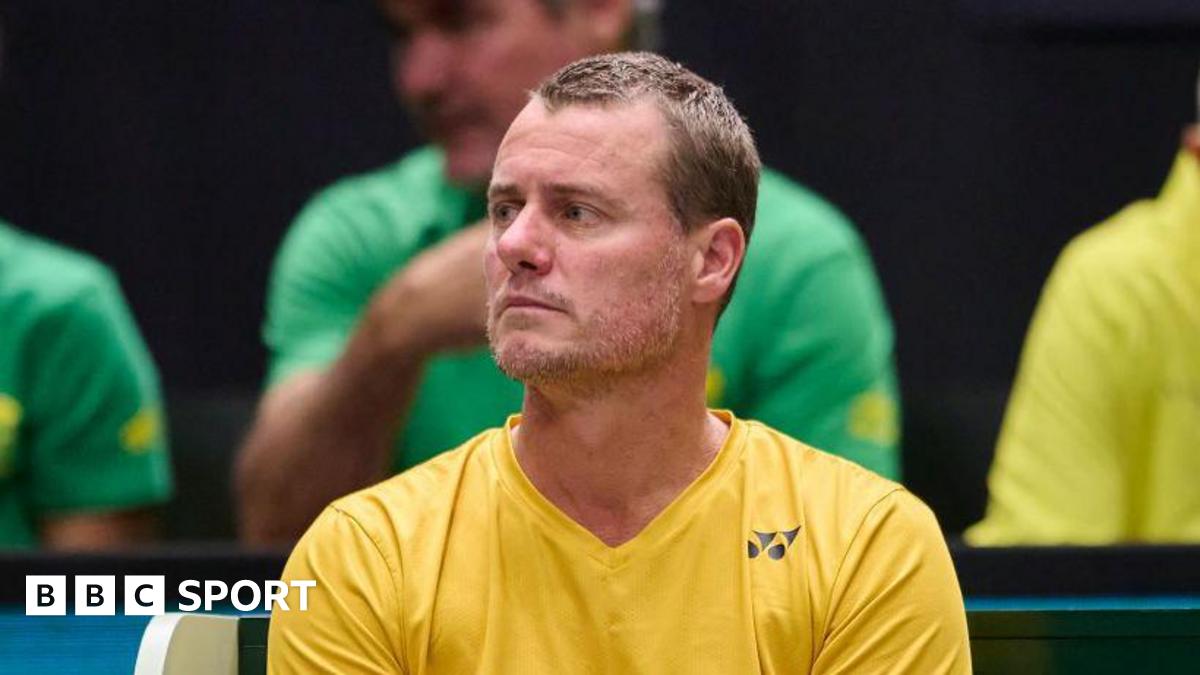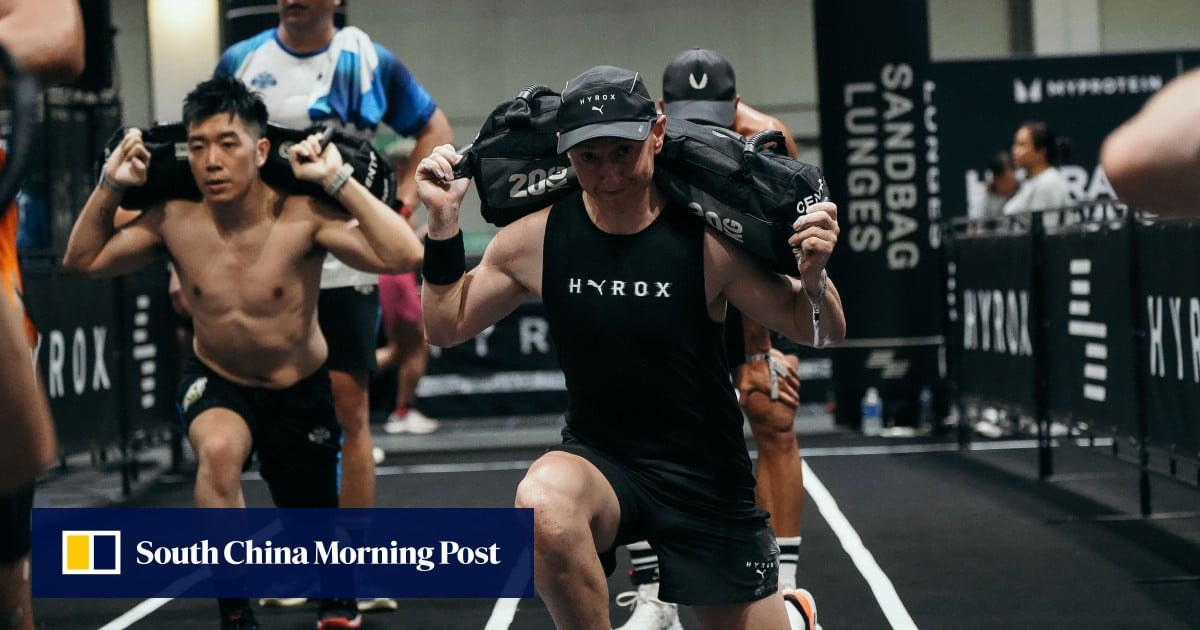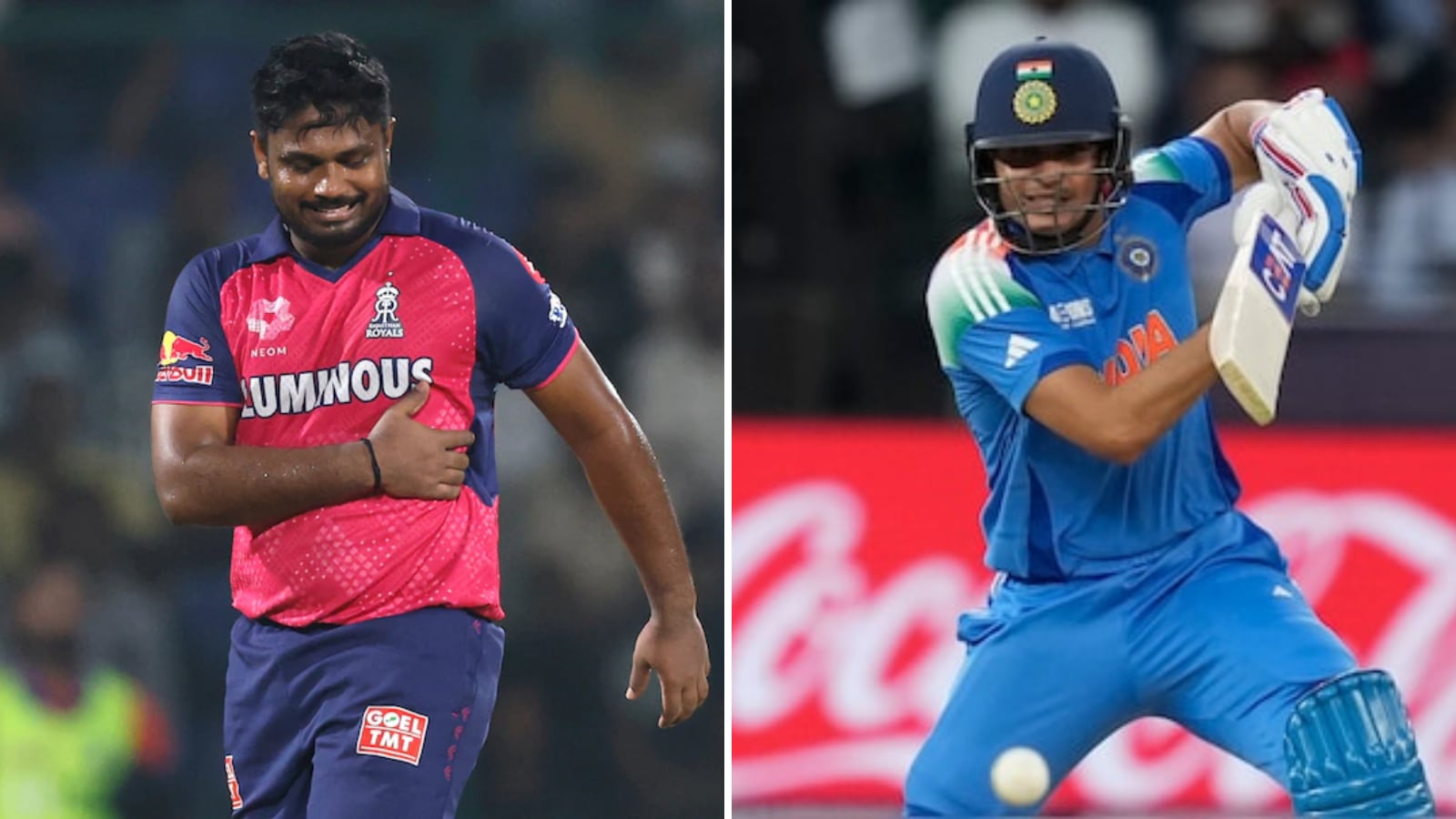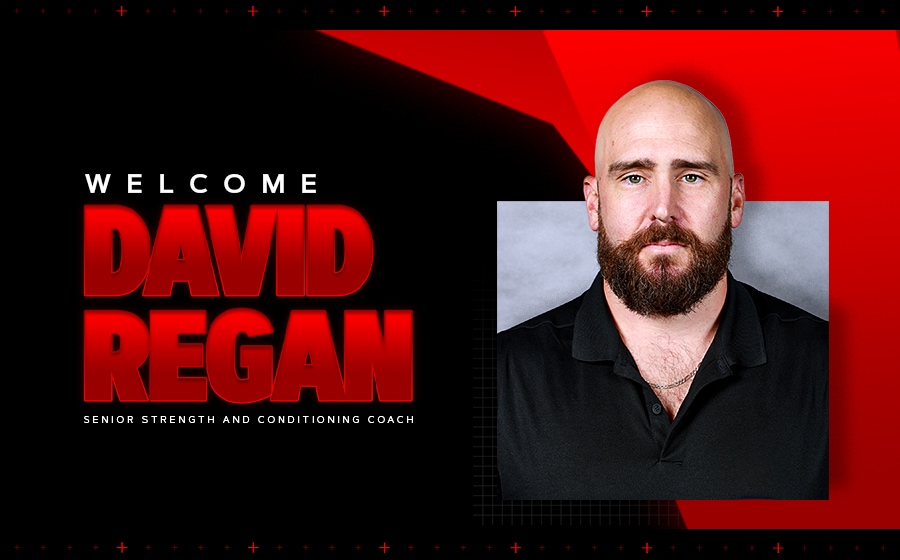Hard work on and off the court defines Swiatek's rise to Wimbledon champion

On Sunday, wtatennis.com caught up with Iga Swiatek during a whirlwind, hard-working and mostly sleepless period since becoming the Wimbledon champion.Iga Swiatek needed less than an hour to defeat Amanda Anisimova 6-0, 6-0 in Saturday’s Wimbledon final. It was only the second time in the Open Era that a women's Grand Slam champion did not lose a single game.And then the real work began:For nearly three hours, Swiatek dutifully made the rounds. It opened with a packed press conference in English, then Polish, followed by television interviews with, among many others, ESPN, Tennis Channel, BBC Sport, Wimbledon TV, Prime Germany, Eurosport, Wowow, Ziggo, Tencent. She visited with the Tennis Podcast and sat down for separate roundtables with British and international writers.Eventually, Swiatek and her team made the short journey up the hill to IMG House for a sprawling, tapas-style dinner with family and friends. They talked, replaying the fortnight’s memorable moments, enjoyed some good music and eventually got to bed. Swiatek said she might have slept for 90 minutes, more of a nap, before rising early Sunday for more media obligations.“I just finished a photo shoot on Centre Court,” Swiatek told wtatennis.com on Sunday. “Going out there without any stress anymore, just full pleasure, no more work -- I could just really appreciate it even more.”Wearing a white t-shirt and salmon-colored shorts, she was speaking from the nail bar, just off the player lawn, receiving a rather becoming shade of pink.Here’s more of what Swiatek said:You used the word surreal yesterday … So, 20 hours after winning the title, does it feel real yet?It does, actually. I think the more time I have, the more I appreciate it. Obviously, yesterday there were a lot of emotions, but now I can reflect on everything that has happened. It’s just amazing.What were some of the specific adjustments to your usual game that your coach Wim Fissette was suggesting on grass?Overall, we worked a lot on my forehand and the serve. I think the serve, from the beginning when we started working together, was the main key. We already did that a little bit and it worked at the Australian Open. … On grass, we knew it was going to be crucial. These two things, obviously, and the movement, not sliding as much as on other surfaces.How difficult was it for you to, against your nature, add more risk by being more aggressive on the grass?I was really going for it. I just needed to be brave with my decisions on the court. I think the years before I tried to play more of my clay-court game. I’d still spin the ball as much as possible, which didn’t really do a lot because the effect was it just bounced higher, and opponents were playing from the top. So, yeah, this year I decided that I’m just going to use my intuition more, just react to what the grass brings me. I played more flat, and I think this was the best decision. I was more aggressive in the first points of the rally and that puts a lot of pressure on my opponents.You finished the tournament with three bagels, won your last 20 games in a row -- where did that come from?[Laughing] I just did my job, you know? I wasn’t really counting. Honestly, in the last match I tried not to focus on the score. The main goal was to just keep working, not really taking anything for granted. When you’re leading that way, it’s easy to take your foot off the gas pedal. I just really focused on every point.You’re one of three women to win your first six Grand Slam finals -- what qualities in your game and your mind made that possible?I think the first Grand Slam final that I played [2020 Roland Garros], it was a bit of a different feeling. I felt like an underdog, I played freely without any pressure. Then later on, in 2022 Roland Garros, I really felt like I needed to prove to myself that I could do it again. I remember I was really confident with my game and my tennis. That was something that I leaned on. The [2022] US Open, I’ve got to say, for sure, that was a tough one. I remember starting the match well [against Ons Jabeur] and the momentum kind of followed. So yesterday, because of the fact that grass was never my favorite surface, I felt like I needed to enjoy every minute and appreciate that I was playing the final. That really helped me to treat this final as any other match -- and not this huge thing.How does winning this title that you never thought you’d win change your view of what is possible in your career?Honestly, I don’t know yet. You never know what’s going to happen in the future, but for sure this title surprised me. I’ve got to say that winning Wimbledon was last on my bucket list, because I just thought it was going to be the hardest one, the most tricky one. It means for me I should always believe, because if I could adjust my game to grass, I think anything is possible.

